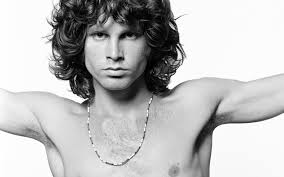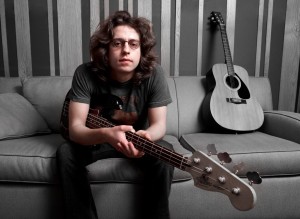Good addiction rehabs help creative individuals to renew their creative process. It also helps them gain stability within their professional and personal lives to live an addiction-free life.
An addiction treatment is successful when it is tailored according to the individual’s unique lifestyle and circumstances.
For a musician, this tailored treatment involved teaching them how to imbibe skills that ensures their sobriety. This will help them meet the demands that come with their profession.
The fact is, music is a demanding and engaging even if it is a hobby or profession. However, if the musician becomes addicted, these activities and duties that mattered to the musician begins to fade off.
When addiction is in motion, nothing else becomes more important in their lives asides the addiction.

The worst part is, addicted musicians experience serious mental and physical health problems, withdrawals symptoms that are painful amongst others. For an addicted musician to get better and get back to the sobriety path, they need to go to a rehab.
At a rehab, comprehensive treatment is offered to help the musician’s body and mind heal, as they implement sober and healthy ways to stimulate and reset their creative process.
In addition, a number of these effective programs help to sustain their sobriety and teach them skills that helps to prevent relapse.
Usually, the first stage of addiction rehab for musicians is the counseling stage. This is why the counselor helps the musician uncover the root cause of their addiction. It is the counselor’s duty to address this and help the musician realize how it can be managed as they progress in treatment.
Depending on the peculiarity of the musician’s addiction, they might have to opt for either outpatient or inpatient rehab.
Outpatient rehab ensures the musician comes from home to receive treatment. On the other hand, inpatient rehab requires the musician to remain within the confines of the rehab.
Because of the benefits that comes with addiction rehab for musicians, it is important that the addicted ones seek treatment help before it becomes too late.






